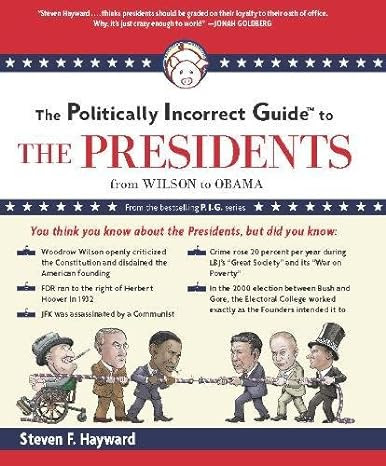COUNTDOWN 1945: THE EXTRAORDINARY STORY of the ATOMIC BOMB and the 116 DAYS THAT CHANGED the WORLD (audiobook) by Chris Wallace and Mitch Weiss

Published by Simon and Schuster in June of 2020. Read by one of the authors, Chris Wallace. Duration: 8 hours, 40 minutes. Unabridged. The 116 days referred to in the title is the time between the day that Harry S. Truman became President and the day the atomic bomb was dropped on Hiroshima. Chris Wallace quickly catches the reader up on what was going on and then uses a countdown for the chapters to add a sense of drama - will the scientists make it on time? Of course, we know that they do succeed - the bombings of Hiroshima and Nagasaki are one of the most well-known historical facts of the 20th century. Wallace's re-telling of the story in Countdown 1945 is full of facts but not particularly told in an interesting way. For example, there is a great deal of information about the Potsdam Conference (July 17 - August 2, 1945) that met in Germany. The Conference was important because it included the leaders of the USSR, the United States and the UK and in many ways it paved the pat...




